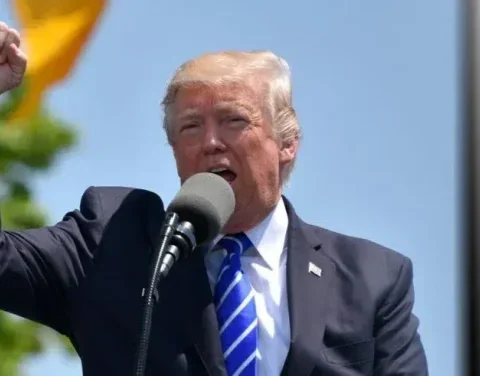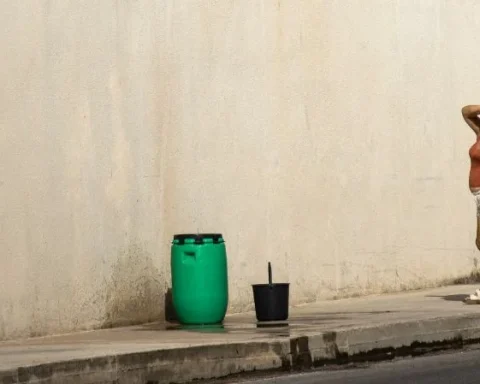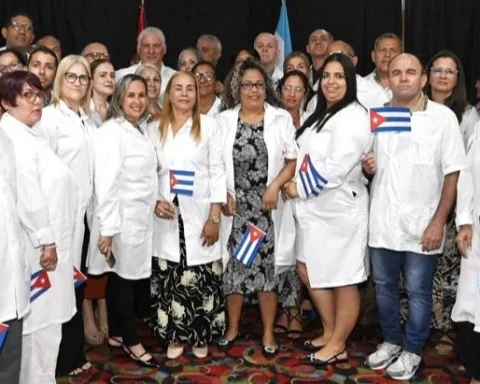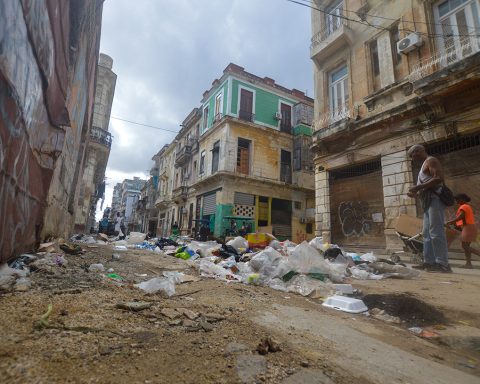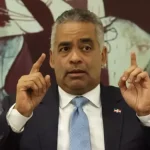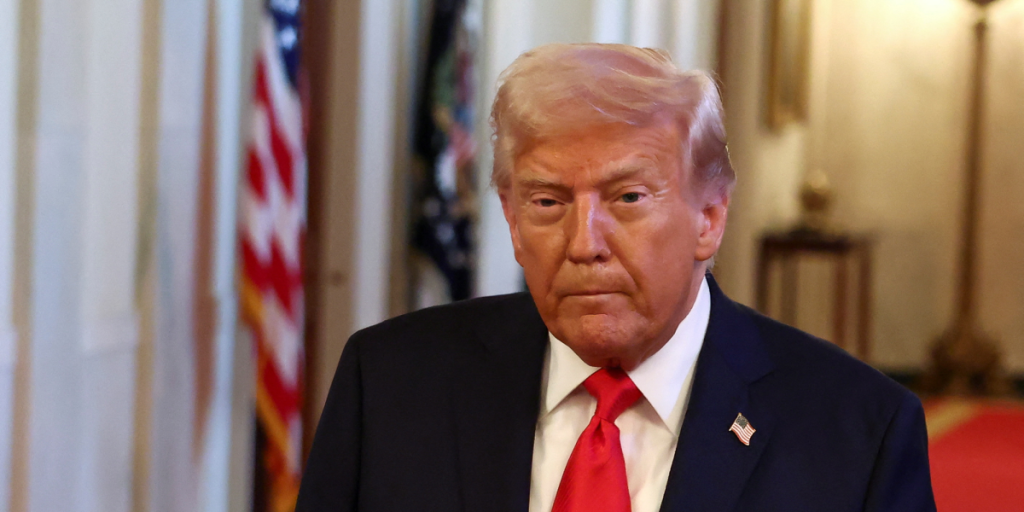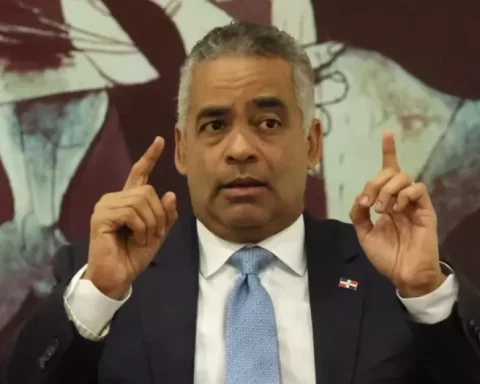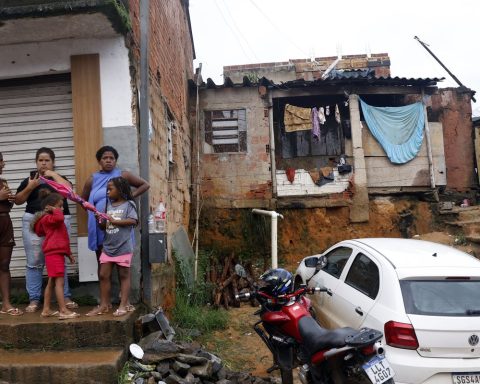The White House is building a case against a Salvadoran illegally deported last month, as part of a communication strategy conceived to combat the avalanche of criticism and the growing judicial scrutiny.
The deportation of Kilmar Abrego García has become a symbol of the aggressive migratory agenda of the government, while President Trump seeks to fulfill his promise to quickly deport a large number of undocumented people.
The nucleus of Trump’s political argument is that high -profile deportees are inveterate criminals. However, Ábrego García has never been accused of any crime, and federal judges have strongly criticized the government’s conduct, qualifying it as “shocking”, in addition to describing their statements about the case as “extraordinarily weak.”
“Millions of people flooded us, many millions, during the Biden government,” Trump said when he was asked about Abrego García’s case.
“A large percentage are criminals, serious criminals… Many of those people murdered more than one person and are fugitive. I was chosen to get rid of those criminals.
A federal judge ordered the government to “facilitate” the return of Ábrego García to the United States after admitting that his deportation to a Salvadoran prison was an “administrative error.”
The Supreme Court confirmed that order last week and pointed out that deportation was “illegal” because a judge determined that he had a credible fear of persecution by a local gang.
Trump’s advisors argued this week that they are not able to bring García back to the United States, describing him as a gang member of the MS-13 and “terrorist.”
They assigned responsibility for Salvadoran President, Nayib Bukele, to expel him from the notorious high security prison in the country.
The National Security and Justice departments have published several documents in recent days, claiming that Abrego García, who resided in Maryland until his deportation has a criminal record.
In addition, the Government has highlighted the unrelated case of a Maryland mother who was raped and killed by an undocumented immigrant from El Salvador, in an attempt to link the case of Ábrego García with Trump’s broader promise to deport the criminal migrants.
The judge who ordered the return of Ábrego García, Paula Xinis, wrote in an opinion of April 6 that the Department of Justice had not “offered any evidence that links Ábrego García with the MS-13 or with any terrorist activity.”
He pointed out that six years ago the immigration authorities accused him of affiliation to a gang based only on “a vague accusation and without corroborating a confidential informant” and on the fact that he dressed the clothing of the Chicago Bulls.
“The MS-13 violates innocent girls and women, directs sex trafficking operations, murders for sport and terrifies people respectful of the law, but that is not enough,” said the press secretary of the White House, Karoline Leavitt, during a press conference.
“None of that is enough to stop the lies of the Democratic Party. His main concern right now is to bring this illegal immigrant terrorist back to the United States.”
Even if Ábrego García were the dangerous criminal that the White House describes how he, his deportation to El Salvador last month would have been illegal, since the 2019 immigration court order remained in force.
Trump’s government could have tried to raise that order presenting evidence of alleged terrorist activities, but did not.
Criticism about the deportation of Ábrego García reached their peak this week. The debate exposes the challenges that the Administration will face when facing the judges and expanding the group of immigrants in the sights for deportation.
Democrats have intensified their protest. Senator Chris van Hollen (Democrat by Maryland) traveled to El Salvador to try to get the young man’s liberation.
In the end he met with Ábrego García after having declared to the press that same day that Salvadoran soldiers had denied him the entrance to the Center for Prison for Terrorists of El Salvador (CECOT).

